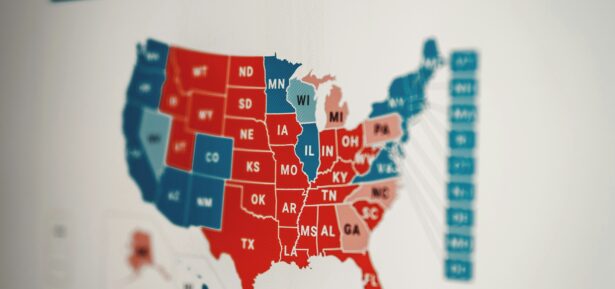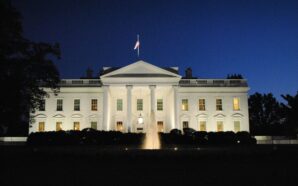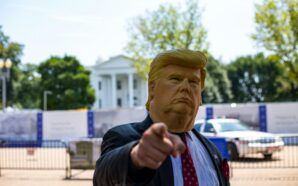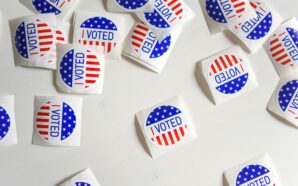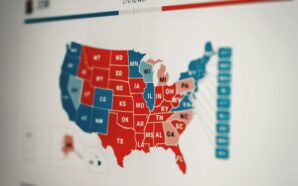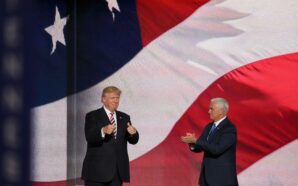

Credit: Unsplash
Candidates Clash on Trump, Economic Policies, and Hot-button Topics in California Senate Race
Four candidates vying for a U.S. Senate seat in California engaged in a spirited debate on Monday. The debate, hosted by the USC Dornsife Center, KTTV-TV, and Politico in Los Angeles, showcased diverse perspectives as the contenders compete for the open seat left vacant by the late Democratic Sen. Dianne Feinstein.
The three Democratic candidates, U.S. Reps. Adam Schiff, Katie Porter, and Barbara Lee took the opportunity to emphasize their opposition to former President Donald Trump. Their focus extended to the lone Republican candidate on stage, former baseball player Steve Garvey, who faced scrutiny for not clearly stating his support for Trump.
During the debate, Schiff criticized Garvey, stating, “What more do you need to see of what he’s done to be able to say that you will not support him?” While acknowledging Trump as the best candidate in the past elections, Garvey hesitated to declare his support for Trump or President Joe Biden this year.
California Senate Race: How to watch the live debate hosted by FOX 11. https://t.co/zmZrMRi2TC Click the image to read more:
— FOX 11 Los Angeles (@FOXLA) January 23, 2024
Porter carved out an economic-populist identity, positioning herself as a consumer advocate ready to stand up against corporate power. She pledged to address income and wealth inequality, advocating for a ban on earmarks and stock trading for members of Congress.
As the March 5 “jungle primary” approaches, where all candidates compete on the same nonpartisan ballot, the candidates aim to secure a spot in the general election. While Schiff is considered a front-runner, the second candidate to advance remains uncertain.
The debate also revealed divisions among the Democrats, with Porter opposing earmarks while Schiff and Lee defended the practice. Tensions rose on issues such as abortion rights, the filibuster, and the Israel-Hamas conflict, showcasing the differing perspectives within the Democratic candidates.
The candidates’ stances on these critical issues will play a crucial role in shaping the upcoming primary and general election outcome. As the race unfolds, voters will closely examine the contenders’ positions on key policy matters to make informed decisions.
Grandmother Arrested in Alleged Murder-for-Hire Plot
-
The Biden administration has announced sanctions against the Israeli group “Tsav 9” for obstructing humanitarian convoys to Gaza. The...
-
As the 2024 election approaches, questions about the financing of former President Donald Trump’s campaign and his legal expenses...
-
As the November election looms, immigration and border policy are hot topics for voters like Laura Grant, an insurance...
-
Iranian authorities have confirmed that President Ebrahim Raisi and seven other officials were killed in a helicopter crash on...
-
As the United States continues its support for Ukraine, FBI officials are closely monitoring the possibility of increased Russian...
-
As the clock ticks down to the pivotal election, America finds itself navigating a political minefield, with both parties...
-
Joe Biden Passes Questioning Remarks Towards Japan President Joe Biden recently made remarks at a Washington, D.C. fundraiser, where...
-
An appeals court in Texas has delivered a significant victory to attorney Sidney Powell, upholding a state court judge’s...
-
President Joe Biden’s reelection strategy takes a surprising turn as the Rust Belt, not the Sun Belt, emerges as...
-
In a significant legal development, U.S. District Judge Aileen Cannon has declined former President Donald Trump’s request to dismiss...
-
Sylvia Gonzalez, a newly elected city council member in a small Texas community, was embroiled in controversy when she...
-
Is TikTok Getting Banned in the States? The United States House of Representatives has voted with bipartisan support to...



